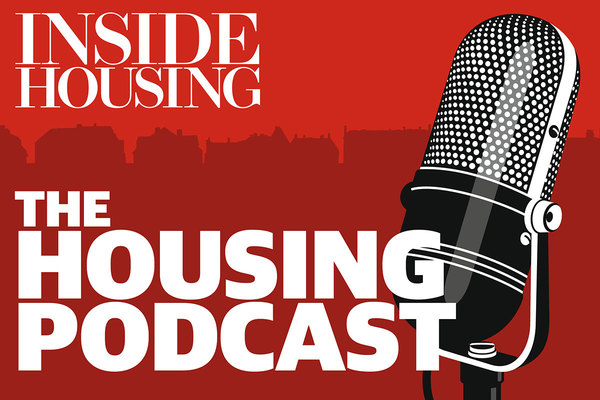You are viewing 1 of your 1 free articles
 Chan Kataria OBE
Chan Kataria OBEChan is the Group Chief Executive of emh group, a housing and care group with a turnover of £125m, 1,100 employees and over 20,000 homes ...more
Housing associations’ frontline strength helps tackle austerity
A lack of funding for vital public services means that frontline staff at housing associations are having to step in to deal with the impact of austerity, says Chan Kataria
Over the past few months I have spent time with our frontline colleagues and these visits reinforced two messages for me. First is the commitment and resilience of our colleagues, who do a sterling job in difficult times. And second, despite claims to the contrary, austerity is far from over.
During the long hot summer this year, I went to a fun day at Agar Nook in Coalville, one of our larger estates.
It was a joy to see our neighbourhoods team engaging enthusiastically with the residents and offering advice and support on a wide range of issues such as accessing online services.
Many of them brought their own children to join in with the barbecues and bouncy castles.
"A more fundamental look needs to be taken on the impact of Universal Credit"
More recently, I spent some time with our income management team and saw first hand the work they do with those transitioning on to Universal Credit (UC).
What this confirmed to me was that one of the main reasons for people having to use foodbanks is the length of time it takes for them to receive their first UC payment.
The next stage of UC rollout, which will see three million people moving from the old benefits system to the new, could lead to a further significant increase in the number of people using foodbanks.
The changes announced in the Budget are welcome, but do not go far enough. A more fundamental look needs to be taken on the impact of UC before this phase is implemented.
It is not just our experience. The Trussell Trust, which runs a network of foodbanks across the country, recently reported that it had provided over 650,000 emergency three-day supplies to people in crisis between April and September this year, a 13% increase on the same period in 2017.
One of the main reasons for people having to use foodbanks, they say, is the five-week minimum wait for the first UC payment.
There is no doubt that The Trussell Trust and similar organisations are doing a remarkable job, demonstrating once again that when the welfare state fails to deliver we can rely on charities to step up. In this case, however, I believe that its success has had the unintended consequence of normalising foodbanks.
“In tackling the impact of UC on our residents, our approach of providing individually tailored support is proving effective.”
In tackling the impact of UC on our residents, our approach of providing individually tailored support is proving effective.
Fifteen hundred of our tenants are on UC and the average rent arrears in such cases have gone down from over 18% to around 9% over the past two years.
In addition, last year our financial inclusion officers helped tenants to claim a further £1.2m in benefits.
In the recent Budget, we saw the welcome news that the NHS will receive an additional £20bn. However, there were no increases in real terms in other vital public services such as police, social services and probation.
These are the areas where housing associations often find themselves stepping in.
This became apparent on another one of my visits recently, this time with managers dealing with anti-social behaviour. I learned more about a phenomenon known as ‘cuckooing’, which involves drug dealers preying on vulnerable tenants and using their home as a base for their illegal activities.
This is just one example of the types of anti-social behaviour with which our colleagues are dealing with.
The number and complexity of cases has increased significantly in recent years.
More often than not there are genuine concerns, but there are also times when the complaint can be put down to an intolerance of different lifestyles.
Society is becoming more polarised and increasingly fearful.
Crucially, our teams are working with people who have increasing mental health issues and, for some of them at least, housing association intervention can make all the difference.
“Our teams are working with people who have increasing mental health issues and, for some of them at least, housing association intervention can make all the difference.”
After almost a decade of cuts to public services and stagnating wages, leading to an increasing number of people with money worries and/or mental health issues, it often comes down to our beleaguered frontline staff to pick up the pieces.
This means they are constantly updating and developing their range of skills, from counselling to conflict resolution.
Despite all this, a number of our staff still found time this summer to volunteer with Action Homeless in Leicester on its Holiday Hunger project, helping provide children with meals and activities during the school holidays.
My visits to our frontline teams were a timely reminder of all the good that we do in our communities, and reinforced my appreciation of their commitment and dedication. Their resilience and adaptability is inspiring.
Chan Kataria, chief executive, EMH










